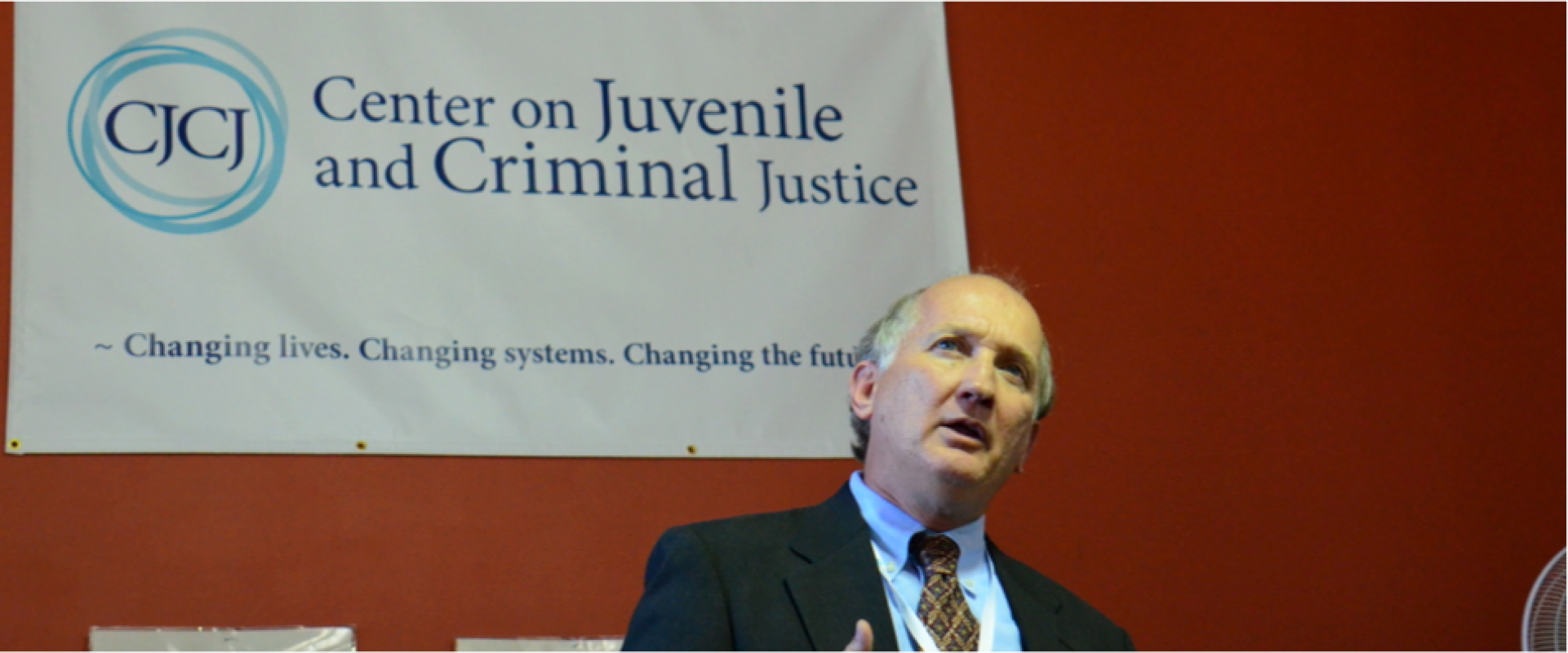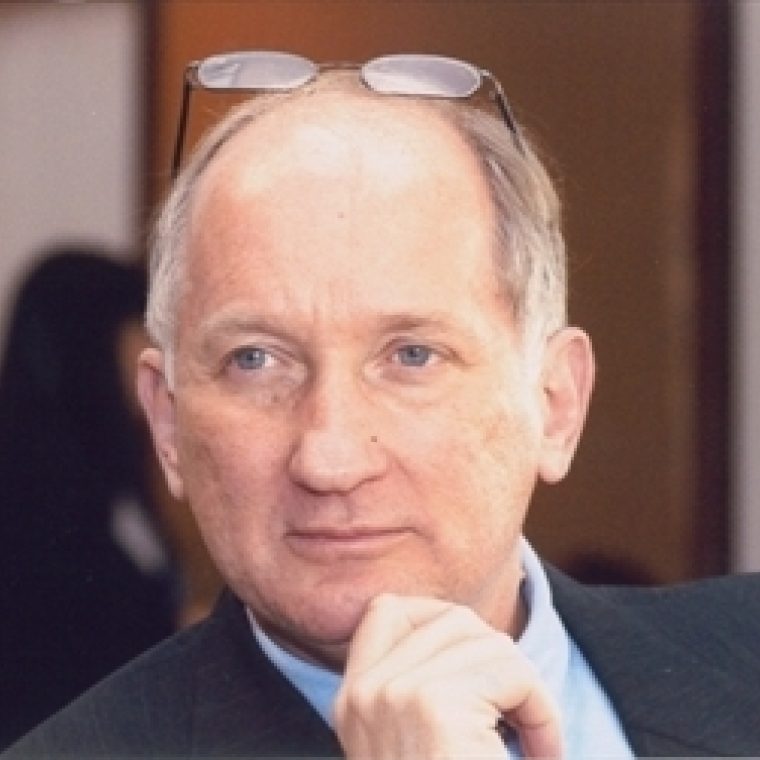In January 1971, a remarkable event occurred that permanently altered conventional assumptions about justice administration and reform. Jerome G. Miller, then commissioner of youth corrections in Massachusetts and later CJCJ founder, carried out the most sweeping revolutionary reforms in American criminal justice history up to that time. By closing the state’s five juvenile penitentiaries (euphemistically called reform schools) and transferring over 1,000 youths to an assortment of community-based programs, Miller upended over a century of conventional practice and redefined what constituted corrections reform.
These actions, which were at first greeted with skepticism and disdain by much of the criminal justice world, proved to be revolutionary in changing popular assumptions about the possibility of closing correctional institutions and substantially reducing imprisonment. Research by Harvard University revealed that when not subjected to abusive prison-like conditions, young people were less likely to exhibit violent and criminally-prone behaviors later on. Most importantly, well-designed and properly implemented rehabilitation programs substantially reduced recidivism among even the most challenging individuals with justice system involvement.
The Center on Juvenile and Criminal Justice (CJCJ) was formally established in 1986 to promote a more humane and just criminal justice system and to carry on Miller’s legacy of reducing imprisonment. Without a focus on social reintegration, current criminal justice policies founder on the mistaken premise that criminal behavior is reduced by the harsh conditions of modern correctional institutions. By failing to address the root causes of crime, criminal justice policies that rely on incarceration exacerbate public safety risks. As states and jurisdictions throughout the United States are now recognizing the importance of replacing retributive practices with a more balanced array of supportive interventions, CJCJ stands ready to assist those seeking to implement new policies that reflect a 21st century approach.


